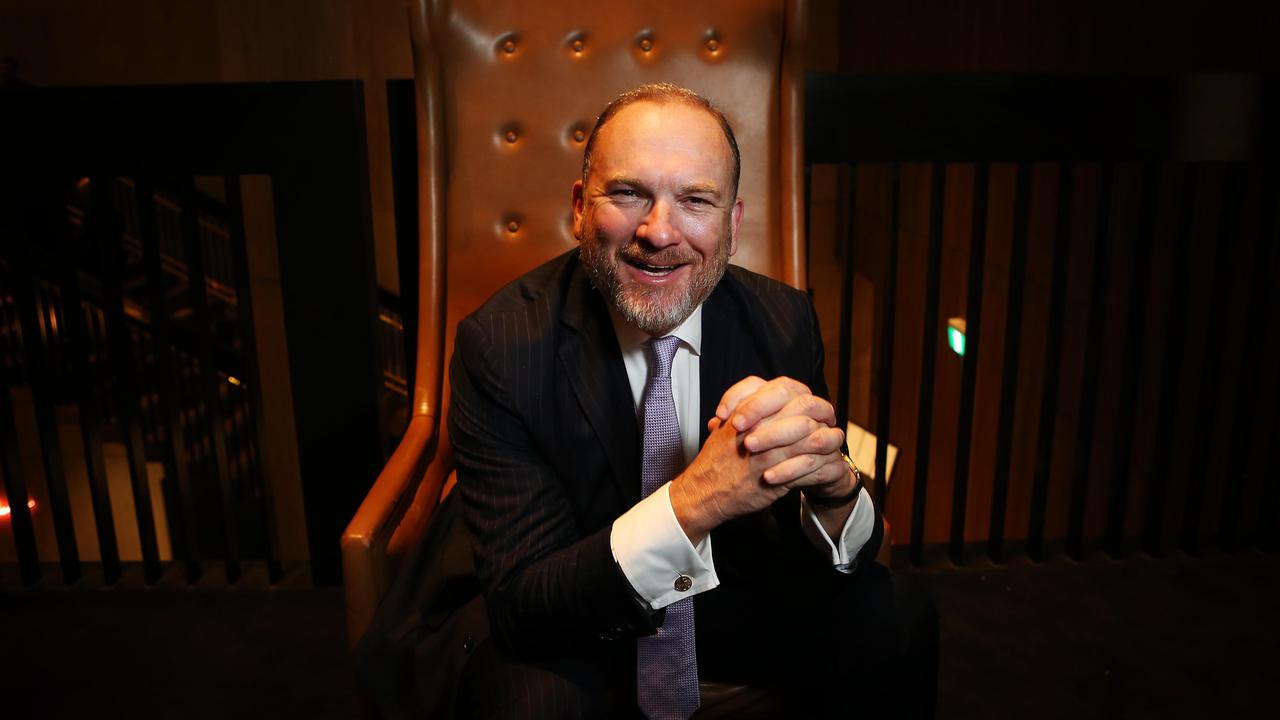
Australia’s headed for either a slow train crash of a recession or may miss it altogether, according to Fidelity International head of investments Paul Taylor, whose firm will be watching for signs of a consumer slowdown when companies start reporting their earnings next month.
“It’s been the longest lead into any possible recession – whether it’s a recession or not is still debatable. Someone said the other day that the consumer hasn’t yet got the memo and that’s an accurate description,” said Mr Taylor.
With profit season just around the corner, investors are looking for signs that the Reserve Bank’s 12 interest rate rises since May last year are starting to rein in consumer spending on everything from real estate to essential food items to airfares.
The official cash rate is at an 11-year high of 4.1 per cent with some economists predicting another rate rise to come next week. Fidelity believes questions around inflation have moved along from “how high” to “for how long” and expects the most recent rate hike in June might be starting to bite.

“The consumer was still going along quite nicely, but things seem to have changed,” said Mr Taylor. “Maybe it was the last interest rate hike, or it’s just taken a while for it to be driven home. It’s going to be interesting going through reporting season for the consumer (sector) to see how they are handling that. We are still a little bit defensive.”
Tribeca lead portfolio manager Jun Bei Liu has taken a stronger stance. Speaking at a webinar for the Future Generation companies, which are listed investment vehicles that donate their management and performance fees to charity, Ms Liu is preparing for downgrades during reporting season.

Companies are suffering cost pressures from inflation, as well as wage pressures and a lack of availability of workers, while on the demand side there is a “worrying” softening of the top line. “In recent weeks consumer companies like retailers have been talking about a slowdown in foot traffic,” said Ms Liu.
“So we expect consumer spending to be weaker – particularly for 2024 the outlook will be a bit more severe than expected.”
Fund manager Matthew Kidman, from Centennial Asset Management, has also predicted problems as costs across wages, energy and insurance have continued to rise. “We’re heading to the bottom in this next half. We’ve got the results season we’re about to go through. Then you’ve got AGM season in October or November and that could be the worst of it,” said Mr Kidman. His view is that it might soon be time to buy. “I think we’re heading into a buy cycle. You don’t want to wait to buy when things are good.”
While the fund managers all agree consumer spending is going to come off, their views are in sharp contrast when it comes to AI. Fidelity picked it as the most likely space for the next bubble, while Ms Liu said their “are opportunities everywhere.”
“Investors do have to be mindful though that it’s still very early stage,” she said. “This reporting season will actually be a good opportunity to talk to our portfolio companies about what they are doing about AI and how they are using AI to solidify their market position.”
This article was originally posted by The Australian Business Review here.
Disclaimer: This material has been prepared by Money, published on 25 July 2023. HM1 is not responsible for the content of linked websites or content prepared by third party. The inclusion of these links and third-party content does not in any way imply any form of endorsement by HM1 of the products or services provided by persons or organisations who are responsible for the linked websites and third-party content. This information is for general information only and does not consider the objectives, financial situation or needs of any person. Before making an investment decision, you should read the relevant disclosure document (if appropriate) and seek professional advice to determine whether the investment and information is suitable for you.